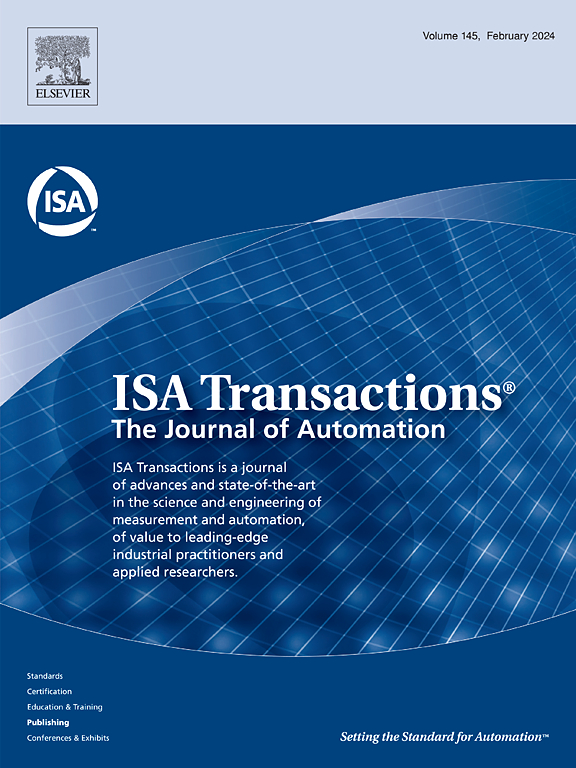A general TD-Q learning control approach for discrete-time Markov jump systems
IF 6.3
2区 计算机科学
Q1 AUTOMATION & CONTROL SYSTEMS
引用次数: 0
Abstract
This paper develops a novel temporal difference Q (TD-Q) learning approach, designed to address the robust control challenge in discrete-time Markov jump systems (MJSs) which are characterized by entirely unknown dynamics and transition probabilities (TPs). The model-free TD-Q learning method is uniquely comprehensive, including two special cases: Q learning for MJSs with unknown dynamics, and TD learning for MJSs with undetermined TPs. We propose an innovative ternary policy iteration framework, which iteratively refines the control policies through a dynamic loop of alternating updates. This loop consists of three synergistic processes: firstly, aligning TD value functions with current policies; secondly, enhancing Q-function’s matrix kernels (QFMKs) using these TD value functions; and thirdly, generating greedy policies based on the enhanced QFMKs. We demonstrate that, with a sufficient number of episodes, the TD value functions, QFMKs, and control policies converge optimally within this iterative loop. To illustrate efficiency of the developed approach, we introduce a numerical example that highlights its substantial benefits through a thorough comparison with current learning control methods for MJSs. Moreover, a structured population dynamics model for pests is utilized to validate the practical applicability.
离散时间马尔可夫跳跃系统的一般 TD-Q 学习控制方法。
本文提出了一种新的时域差分Q (TD-Q)学习方法,旨在解决具有完全未知动力学和转移概率(TPs)的离散马尔可夫跳变系统(MJSs)的鲁棒控制挑战。无模型的TD-Q学习方法具有独特的综合性,包括两种特殊情况:动态未知的mjs的Q学习和不确定TPs的mjs的TD学习。我们提出了一种创新的三元策略迭代框架,该框架通过交替更新的动态循环迭代地改进控制策略。该循环包括三个协同过程:首先,将TD值函数与当前政策对齐;其次,利用这些TD值函数增强q函数的矩阵核;第三,基于增强的qfmk生成贪婪策略。我们证明,有足够数量的插曲,TD值函数、qfmk和控制策略在这个迭代循环中最优收敛。为了说明所开发方法的效率,我们介绍了一个数值例子,通过与当前mjs学习控制方法的全面比较,突出了其实质性的好处。此外,利用结构化的害虫种群动态模型验证了该模型的实用性。
本文章由计算机程序翻译,如有差异,请以英文原文为准。
求助全文
约1分钟内获得全文
求助全文
来源期刊

ISA transactions
工程技术-工程:综合
CiteScore
11.70
自引率
12.30%
发文量
824
审稿时长
4.4 months
期刊介绍:
ISA Transactions serves as a platform for showcasing advancements in measurement and automation, catering to both industrial practitioners and applied researchers. It covers a wide array of topics within measurement, including sensors, signal processing, data analysis, and fault detection, supported by techniques such as artificial intelligence and communication systems. Automation topics encompass control strategies, modelling, system reliability, and maintenance, alongside optimization and human-machine interaction. The journal targets research and development professionals in control systems, process instrumentation, and automation from academia and industry.
 求助内容:
求助内容: 应助结果提醒方式:
应助结果提醒方式:


